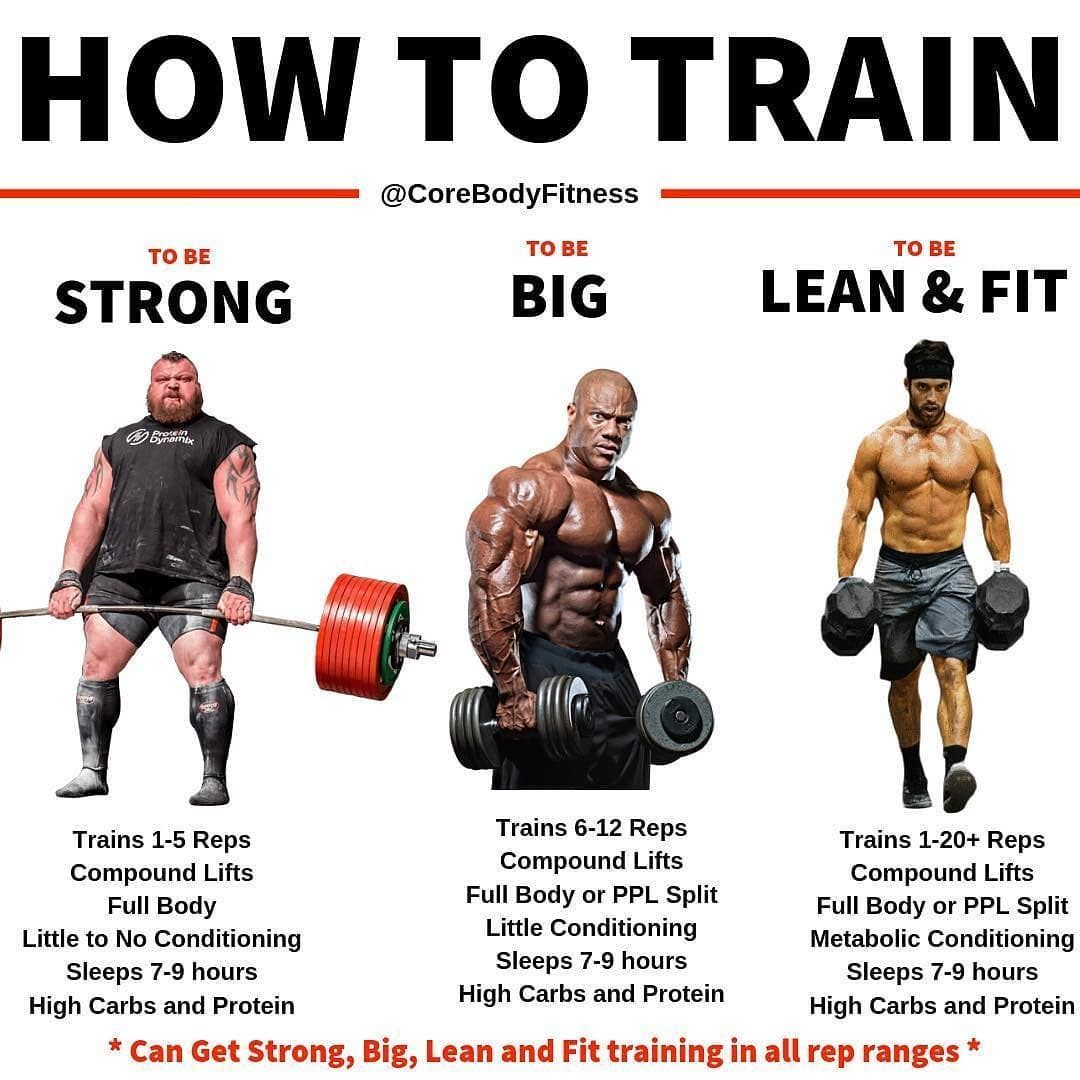Building muscles requires a combination of effective workouts and proper nutrition. Whether you are a professional athlete or just starting your fitness journey, it is important to understand the key principles behind muscle building in order to maximize your results. This article will provide you with some of the best workouts and nutrition tips to help you on your path to gaining lean muscle mass.
Workouts for Muscle Building
When it comes to workouts, incorporating a mix of resistance, strength, and endurance exercises into your routine is crucial. Here are some of the best workouts to consider:
1. Compound Exercises
Compound exercises target multiple muscle groups at once, making them highly effective for muscle building. Examples of compound exercises include squats, deadlifts, bench press, and pull-ups. These exercises engage several muscles simultaneously, leading to greater muscle activation and growth.
2. Progressive Overload
Progressive overload is a key principle in muscle building, which involves gradually increasing the demands placed on your muscles over time. This can be achieved by adding weight, increasing repetitions, or reducing rest time between sets. By continually challenging your muscles, you stimulate growth and adaptation.
3. Resistance Training
Resistance training involves using external weights or resistance bands to create tension in your muscles. This type of training helps to break down muscle fibers and stimulate their repair and growth. Include exercises such as dumbbell curls, tricep dips, and shoulder presses to target specific muscle groups.
Nutrition for Muscle Building
While workouts are important, proper nutrition is equally vital for building muscles. Here are some key nutrition tips to support your muscle-building goals:
1. Sufficient Protein Intake
Protein is the building block of muscles, so it's essential to consume an adequate amount for muscle growth and repair. Aim for around 1 gram of protein per pound of bodyweight. Include lean sources such as chicken, fish, tofu, eggs, and legumes in your diet.
2. Complex Carbohydrates
Carbohydrates are the body's primary source of energy. Opt for complex carbohydrates like whole grains, brown rice, quinoa, and sweet potatoes, which provide sustained energy while supporting muscle recovery and growth.
3. Healthy Fats
Don't shy away from fats! Incorporate sources of healthy fats, such as avocados, nuts, seeds, and olive oil, into your diet. Healthy fats aid in hormone production and enable proper nutrient absorption.
4. Hydration
Water is essential for optimal muscle function and growth. Aim to drink at least 8 glasses of water per day and more if you engage in intense workouts. Staying hydrated helps to prevent muscle cramps and aids in recovery.
Recovery and Rest
Building muscles isn't strictly about workouts and nutrition. Adequate recovery and rest are equally crucial. When you exercise, you create microscopic tears in your muscles, and they need time to repair and grow. Here are some recovery tips:
1. Sleep
Make sure you get enough sleep each night. During sleep, your body releases growth hormones that promote muscle repair and recovery. Aim for 7-9 hours of quality sleep every night.
2. Rest Days
Incorporate rest days into your workout routine. Rest days allow your muscles to recover and adapt to the stress of exercise. Instead of working out every day, aim to have 1-2 rest days per week to prevent overtraining.
3. Foam Rolling and Stretching
Include foam rolling and stretching in your post-workout routine. Foam rolling helps reduce muscle soreness and tension, while stretching improves flexibility and prevents injury. Both aid in muscle recovery.
Conclusion
Building muscles requires a comprehensive approach that combines effective workouts, proper nutrition, and adequate rest. Incorporate compound exercises, progressive overload, and resistance training into your workouts to maximize muscle growth. Focus on consuming sufficient amounts of protein, complex carbohydrates, and healthy fats to support muscle repair and growth. Lastly, prioritize recovery and rest days to allow your muscles to heal and adapt. With dedication, consistency, and the right strategies, you can achieve your muscle-building goals and develop a strong, toned physique.

